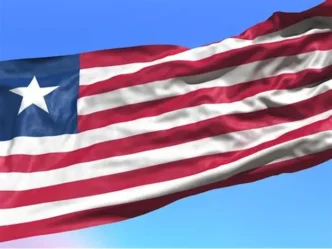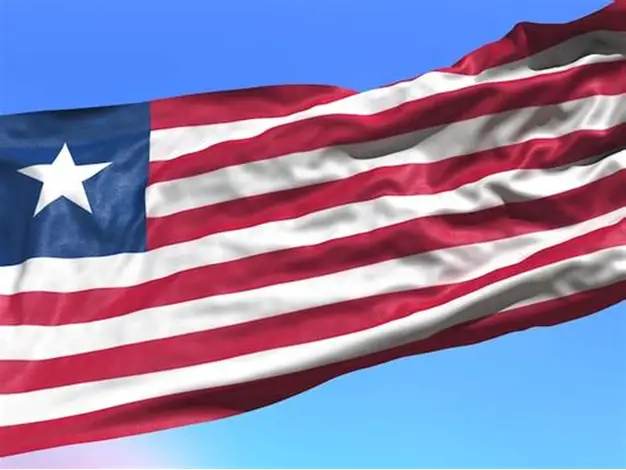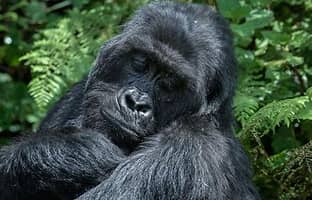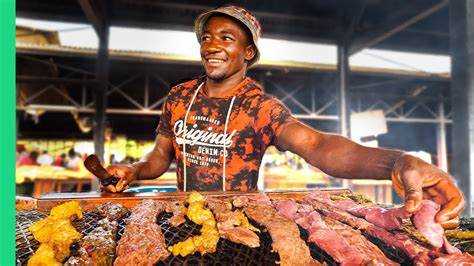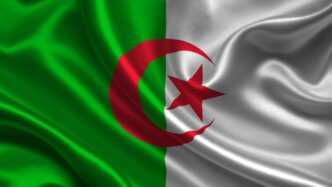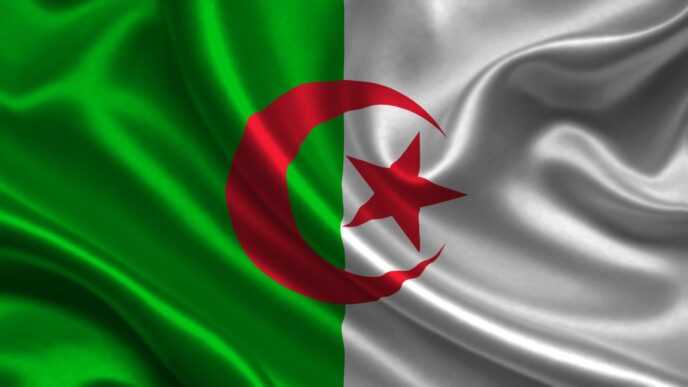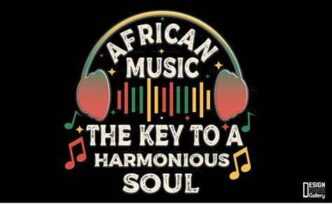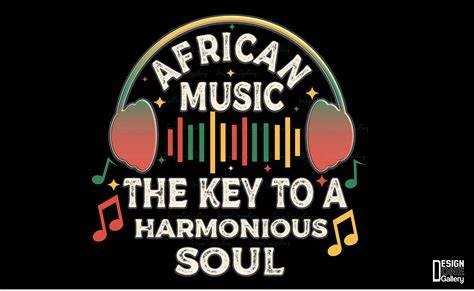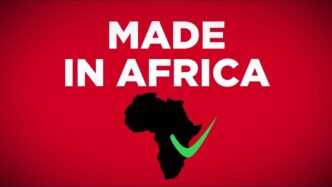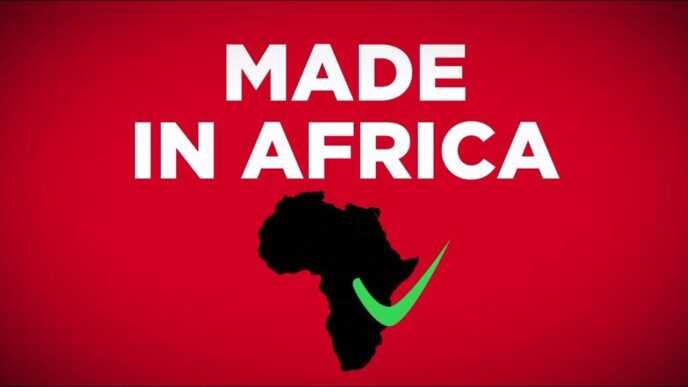When former U.S. President Donald Trump recently remarked that “the president of Liberia speaks really good English,” the comment stirred confusion and a dash of disbelief across African and global circles. For many Africans, especially Liberians, the statement was less of a revelation and more of a reminder that the world still needs to catch up with the reality of African brilliance and adaptability.
To many Liberians, and indeed Africans, the comment came as no surprise. English is the official language of Liberia, widely spoken across schools, media, government, and everyday life. But beyond just fluency, Liberians, like many Africans, have done what they do best with anything handed to them, even in the face of adversity: they’ve made it their own and made it better.
However, it also presents an opportunity: to tell the story of Liberia, not just as a country where English is spoken fluently, but as a symbol of African resilience, intelligence, and the ability to thrive in any context.
Liberia: A Story Rooted in History and Identity
Liberia’s deep relationship with English dates back to its founding in 1847, when freed African-Americans and Afro-Caribbeans resettled in West Africa to establish an independent nation. They brought with them English as a tool of administration and communication. Over time, Liberians shaped that language to reflect their own experiences, giving birth to vibrant dialects like Liberian Koloqua, a creole full of wit, rhythm, and cultural nuance.
Today, English is not only the language of government and education in Liberia, it is the language of songs, jokes, sermons, street conversations, and poetry. From President Joseph Boakai’s diplomatic speeches to market women negotiating prices in Koloqua, the language lives and breathes Liberian identity.
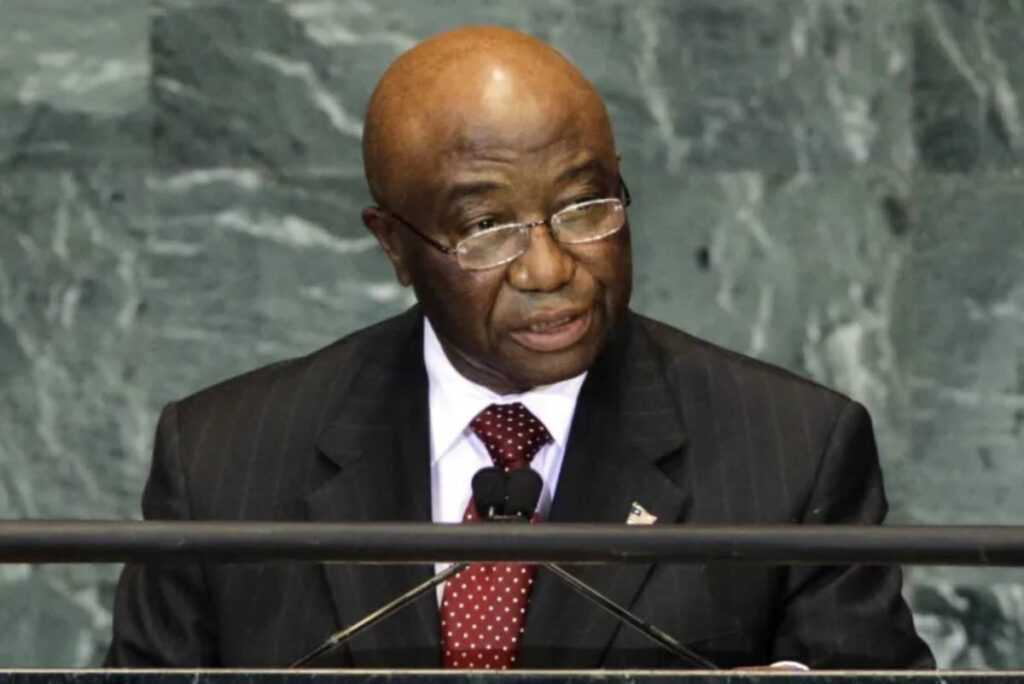
Africa Speaks English — Brilliantly
English, like French and Portuguese, was imposed on the continent by colonial forces. But Africans, as always, adapted. Not just by learning the language, but by reinventing it. Across the continent, Africans have infused English with idioms, local expressions, storytelling traditions, and tonal patterns, creating something new, lively, and brilliantly expressive.
What was once a rigid colonial tongue is now a living, flexible, soulful medium that carries African humor, wisdom, and charisma. What many outside Africa perceive as “non-standard” is, in fact, deeply innovative. Just listen to the rhythm of Nigerian Pidgin, the elegance of Kenyan English, or the poetic cadence of Ghanaian speakers, and it is a masterclass in linguistic remixing.
Africa took what was meant to suppress and made it a canvas for creativity.
Countries Where “Good English” Is the Norm
For anyone still surprised by the eloquence of African leaders, journalists, and everyday citizens, here’s a short list of African countries where English is fluently and creatively spoken:
- Liberia – The Official language, English, is used across education, law, and media.
- Ghana – Known for articulate public speakers and a rich tradition of English-language writing.
- Nigeria – One of the largest English-speaking nations in the world, home to global novelists and orators.
- Kenya – English is one of two official languages, widely used in government, tech, and media.
- Uganda – Consistently ranked among Africa’s top English-proficient countries.
- South Africa – English is a national language and a vital part of its diverse, multilingual society.
Across these nations and beyond, Africans are not just fluent in English they are redefining it.
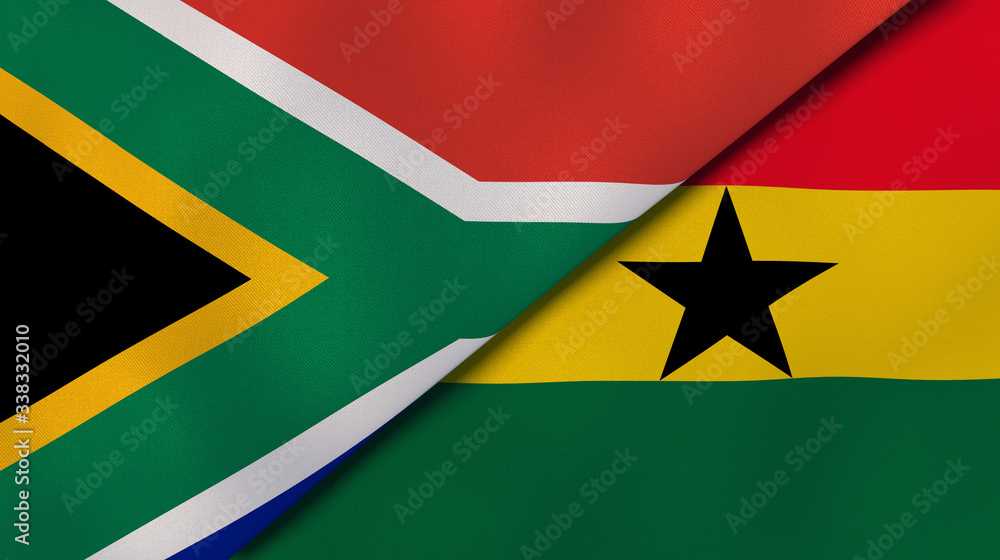
Beyond Fluency: The African Spin on a Global Language
It is time the world recognized that when Africans speak English, they do so with depth, innovation, and joy. They’ve turned a once foreign imposition into a homegrown instrument of empowerment. From campus debates in Accra to newsrooms in Nairobi, from courtroom arguments in Abuja to creative slams in Johannesburg, African English is alive with flavor, insight, and purpose.
So yes, the president of Liberia speaks English well. But more than that, he speaks it with the weight of a nation that has survived, evolved, and flourished. So do millions of Africans who were handed this language under unfair circumstances but have since transformed it into something bold, beautiful, and unmistakably African.
Africa does not simply inherit. It reimagines. It elevates. It adapts. That is the real story.
And that is why no one should ever be surprised.
